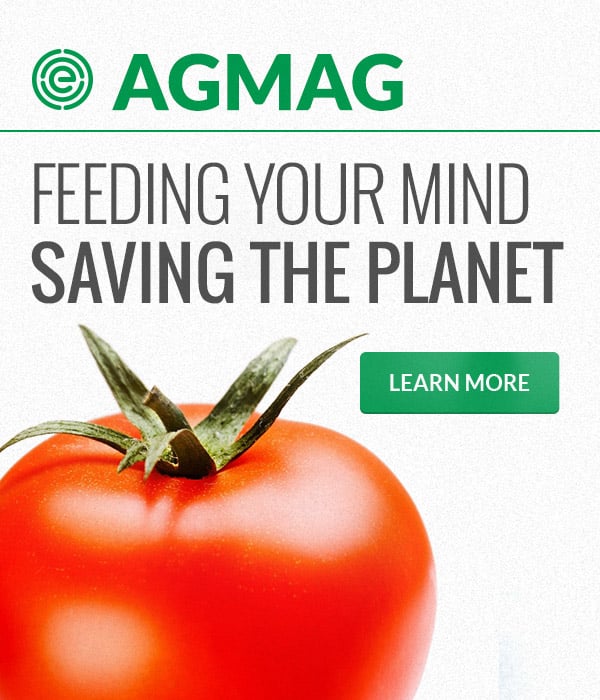Livestock Disaster and Emergency Programs in Sampson County, North Carolina, 1995-2021
Subsidy Recipients 1 to 20 of 384
Recipients of Livestock Disaster and Emergency Programs from farms in Sampson County, North Carolina totaled $655,000 in from 1995-2021.
| Rank | Recipient (* ownership information available) |
Location | Livestock Disaster and Emergency Programs 1995-2021 |
|---|---|---|---|
| 1 | J Michael Hope | Clinton, NC 28328 | $36,192 |
| 2 | Clarence Ross Kirven | Clinton, NC 28329 | $26,864 |
| 3 | Randy Joyner Estate | Roseboro, NC 28382 | $25,436 |
| 4 | Triple M Incorporated | Clinton, NC 28328 | $24,315 |
| 5 | James L Hope | Clinton, NC 28328 | $22,850 |
| 6 | Hillery Brewer Honeycutt | Salemburg, NC 28385 | $12,202 |
| 7 | Douglas N Tyner | Clinton, NC 28328 | $12,181 |
| 8 | Double J Farms | Dunn, NC 28334 | $11,888 |
| 9 | Carlisle Farms Inc | Autryville, NC 28318 | $11,282 |
| 10 | James W Lucas | Turkey, NC 28393 | $11,040 |
| 11 | James Allen House | Clinton, NC 28328 | $8,047 |
| 12 | Russell F Holland | Clinton, NC 28328 | $7,895 |
| 13 | Franklin Lindsay Farms Inc | Clinton, NC 28328 | $7,249 |
| 14 | Michael Dwayne Hope | Clinton, NC 28328 | $6,853 |
| 15 | John Hudson Farms Inc | Newton Grove, NC 28366 | $6,843 |
| 16 | Tony Ingram Matthis | Clinton, NC 28328 | $6,817 |
| 17 | Wayne Faircloth | Roseboro, NC 28382 | $6,770 |
| 18 | Benjamin L Grady Sr | Faison, NC 28341 | $6,571 |
| 19 | Robert F Jackson | Roseboro, NC 28382 | $6,406 |
| 20 | Lowell E Schiebe | Roseboro, NC 28382 | $6,405 |
* USDA data are not "transparent" for many payments made to recipients through most cooperatives. Recipients of payments made through most cooperatives, and the amounts, have not been made public. To see ownership information, click on the name, then click on the link that is titled Ownership Information.
** EWG has identified this recipient as a bank or lending institution that received the payment because the payment applicant had a loan requiring any subsidy payments go to the lender first. In 2019, the information provided to EWG by USDA began to include the entity that received the payment, rather than the person or entity that applied for it, which was previously provided. This move to shield subsidy recipients from disclosure enables USDA to further evade taxpayer accountability. Six percent of subsidy dollars went to banks, lending institutions, or the Farm Service Agency.”
Next >>




 Federal crop insurance reform vital for incentivizing climate adaptation on farms
Federal crop insurance reform vital for incentivizing climate adaptation on farms
 Farm Subsidies Ballooned Under Trump
Farm Subsidies Ballooned Under Trump
 Is Federal Crop Insurance Policy Leading to Another Dust Bowl?
Is Federal Crop Insurance Policy Leading to Another Dust Bowl?
 Double Dipping:
Double Dipping: The "Farm Crisis" Myth
The "Farm Crisis" Myth
 Crying Wolf
Crying Wolf